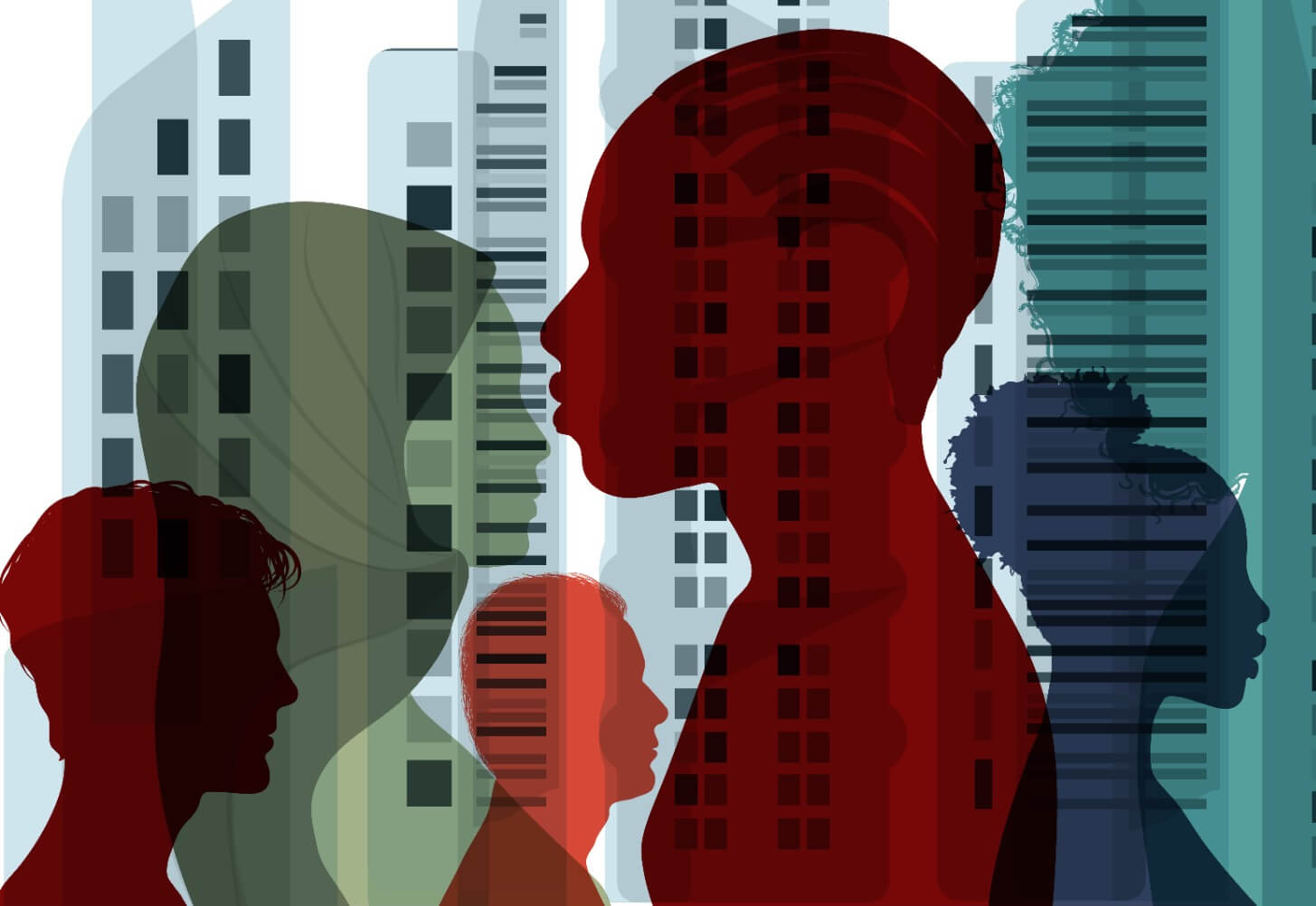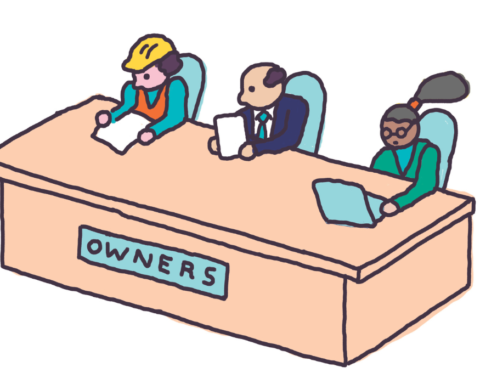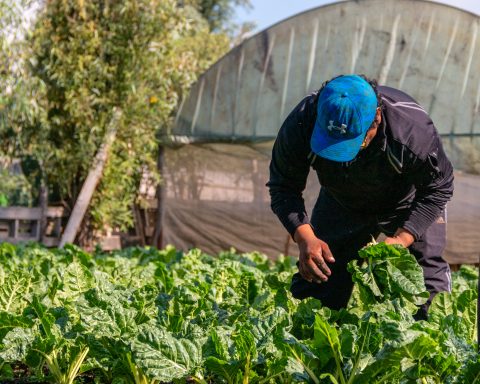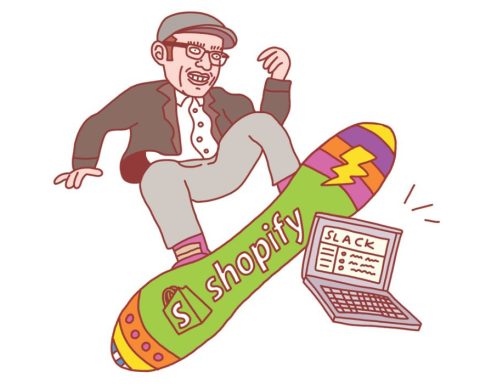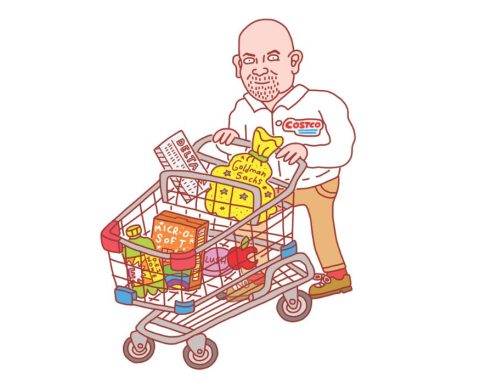Last week, Climate Action Network International petitioned organizers of the COP26 Climate Change Conference to postpone this fall’s summit in the United Kingdom. Why? Many of the countries most affected by climate change have the least access to the COVID-19 vaccine, highlighting the need for justice, representation and inclusion at some of the world’s most important meetings determining the fate of the planet.
Environmental and social injustices are disproportionately borne by people of colour – whether it is higher rates of air pollution, unsafe drinking water or exposure to toxic waste and chemicals. Many join the field of sustainability to create a better world. But a better world for whom, and defined by whom?
I am one of the co-founders of Diversity in Sustainability, a membership network that aims to develop a sustainability profession that is more representative of the world we want to see. We ran the State of Equity, Diversity, and Inclusion in Sustainability Survey to understand the demographics of the sustainability sector, barriers for entry and advancement, individual experiences of equity and inclusion within the sector, and organizational approaches to equity, diversity and inclusion. We received 1,500 responses mainly from Canada, the United States and the United Kingdom from sustainability professionals working for corporations and non-profits, as well as public sector employees and self-employed individuals.
Among our findings was that sustainability is an elite, privileged sector to work in – attracting those who have the means to do so. We found that 77% of sustainability professionals grew up in middle- or upper-class households, 62% have master’s degrees, and the most senior positions in sustainability organizations are disproportionately held by white men. In addition to high social mobility and educational attainment, a barrier is created when entry includes a reliance on unpaid internships and poorly paid entry-level roles in some of the world’s most expensive cities. These barriers to entry exclude the people that typically suffer from environmental and social injustices.
Many join the field of sustainability to create a better world. But a better world for whom, and defined by whom?
Looking at the tenure of professionals in sustainability, those with 16 or more years of experience are typically white, and those in leadership roles are disproportionately white men. Early entrants to an industry often have the benefit of shaping the industry, its values, and systems, and worldviews can persist over time. Can such a narrow demographic really create a better world, or are we exacerbating existing inequities?
While we see a shift happening, with 42% of sustainability professionals aged 25 to 34 being people of colour, and 54% of sustainability professionals aged 18 to 24 being people of colour, those in positions of power need to take a more considered approach to succession planning to avoid a drop-off in retention. We also need to integrate alternative views on sustainability – whether it’s traditional cultural knowledge that has existed for millennia or those who truly understand on-the-ground realities of the social and environmental injustices affecting their communities.
While there are more diverse junior staff members coming up in sustainability organizations, we also need to focus on their experience. Those who identify as Black, South Asian, and those from materially poor and working-class backgrounds feel left behind in the profession. Only 34% of Black sustainability professionals felt that being a diverse member of society didn’t hold them back from advancing in their organization, while for South Asians it was 38%, and for those from materially poor and working-class backgrounds, 41%. This suggests we have much to do to ensure that we clear away barriers and advance those who can challenge the dominant worldviews in the sector.
In a year of extraordinary weather events, from Siberia to Mozambique to Louisiana to Germany to Brazil, COP26 will dictate much of what happens in the world in terms of climate change. We cannot continue down a path where sustainability remains the domain of the privileged. We need to see more diversity among those leading the charge toward a more sustainable future.
Heather Mak is one of the co-founders of Diversity in Sustainability and the author of the State of Equity, Diversity and Inclusion in Sustainability Survey.


